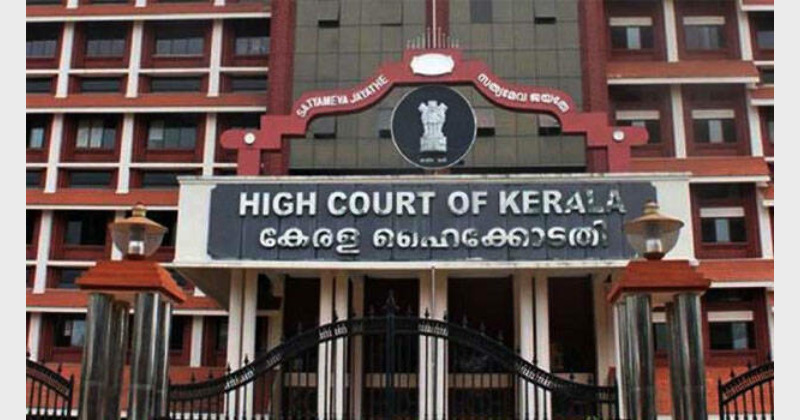Jahanvi Agarwal
Recently, the Kerala High Court, under the sagacious gaze of Justice Devan Ramachandran, has asserted the paramount value of free thought and freedom of belief, especially when it comes to children’s initiation into the realm of knowledge, the Vidyarambham ceremony.
This legal narrative unfolded as a writ petition challenging the application format issued by the library committee of Mattannur municipality in Kannur, asserting that it was designed to humiliate certain segments of society. However, the court recognized India as a land of religious pluralism, a unique identity that encompasses diverse philosophies, beliefs, and traditions with harmony that has prevailed over centuries.
The court’s mandate was clear: the Vidyarambham ceremony, hosted by the Mattannur municipality and its library committee, should inherently respect this cultural diversity and the individual choices of parents. It sternly cautioned against any actions that could potentially rupture the constitutional fabric, one woven with the precious thread of liberty for all citizens in matters of thought, expression, belief, faith, and worship.
Crucially, the court ensured that there would be no compulsion on parents to engage in the program or to have their children recite or write any prayer contrary to their beliefs. Every parent choosing to participate in the program has full autonomy to decide whether their child will recite and write one of the specified prayers or opt for an alternative reflecting their personal beliefs. The library committee, in turn, is entrusted with ensuring that this choice is diligently respected.
In essence, this legal episode underscores the unassailable significance of preserving free thought and religious freedom in our cultural ceremonies, especially those involving the initiation of young minds into the world of letters.

